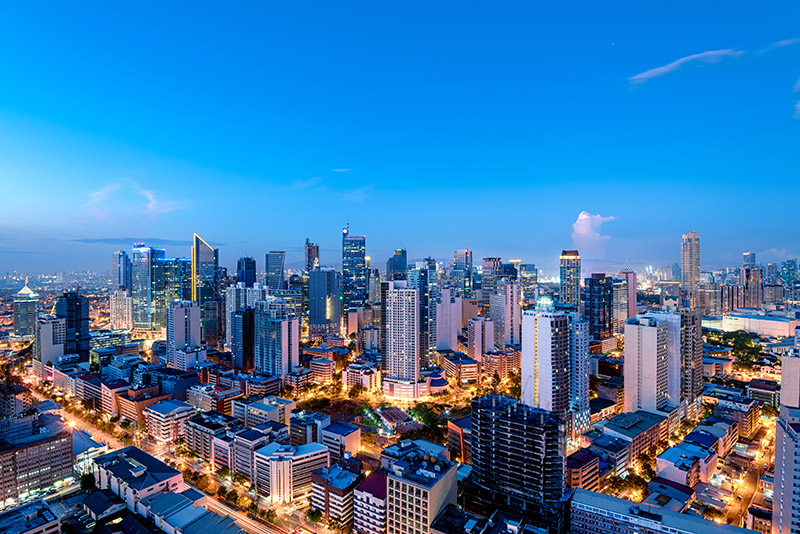The Philippines’ online gaming sector is experiencing unprecedented growth, even as the government phases out the controversial Philippine Offshore Gaming Operators (POGOs). With new revenue records and regulatory shifts, the industry finds itself at a crossroads.
Online Gaming: A Rapidly Growing Economic Powerhouse
The Philippine online gaming sector continues its meteoric rise, with annualized gross gaming revenue (GGR) reaching $2.4 billion in Q3 2024. This figure, representing 70% of the country’s land-based gaming GGR, highlights the shift toward digital platforms. According to the Philippine Amusement and Gaming Corporation (PAGCOR) and Morgan Stanley, online gaming now dominates the domestic market.
In addition to driving revenues, the sector has become the largest contributor to gaming taxes, generating PHP28 billion ($490 million) in Q3 alone. Tax reforms set to take effect in January 2025 will reduce rates from 35% to 30% for most operators and 25% for integrated resorts, aligning online taxation closer to land-based rates.
Major players like DigiPlus have capitalized on this digital boom, capturing 50% of the domestic market share with 30 million registered users. The company has outperformed traditional giants such as Bloomberry Resorts Corp. in GGR and EBITDA. However, competition is expected to intensify, with Bloomberry planning to launch a new online gaming app by Q3 2025 to diversify its customer base.
The End of POGOs: A Controversial Legacy
As domestic eGaming flourishes, the Philippine government is phasing out the POGO sector. Once a booming industry catering primarily to Chinese clientele, POGOs peaked in 2019 with nearly 300 operators. Today, only 17 remain, with all operations expected to cease by December 31, 2024.
Critics argue that the sector’s decline is long overdue, citing its links to money laundering, human trafficking, and cyber fraud. PAGCOR Chairman Alejandro Tengco emphasized that eliminating POGOs is necessary but insufficient. “Without broader reforms, banned operators could go underground, exploiting the same vulnerabilities that allowed them to thrive,” Tengco warned.
Figures like former Bamban Mayor Alice Guo, accused of human trafficking and espionage, underscore the sector’s darker side. While Guo denies the charges, her case highlights systemic flaws that enabled foreign-linked criminal networks to flourish.
Broader Implications: National Security and Foreign Influence
The POGO crackdown has reignited debates about China’s influence in the Philippines. Experts warn that shutting down offshore operators does not eliminate deeper vulnerabilities. “Pogos are part of a larger web of foreign interference,” said Dindo Manhit of the Stratbase-ADR Institute. Political scientist Aletheia Valenciano echoed these concerns, calling for stronger coordination among government agencies to root out corruption and improve oversight.
China has publicly supported the Philippine government’s actions, urging a ban on POGOs to combat offshore gambling and associated crimes. However, analysts caution against complacency, noting that Beijing’s influence strategies often operate on long timelines.
The Road Ahead: Balancing Growth and Governance
As the Philippines embraces the booming domestic online gaming industry, it must address lingering challenges. Strengthening regulatory frameworks and inter-agency cooperation will be critical to sustaining growth while safeguarding national security. With digital gaming revenues poised to continue climbing, the sector represents both an economic opportunity and a governance test for the Marcos administration.

